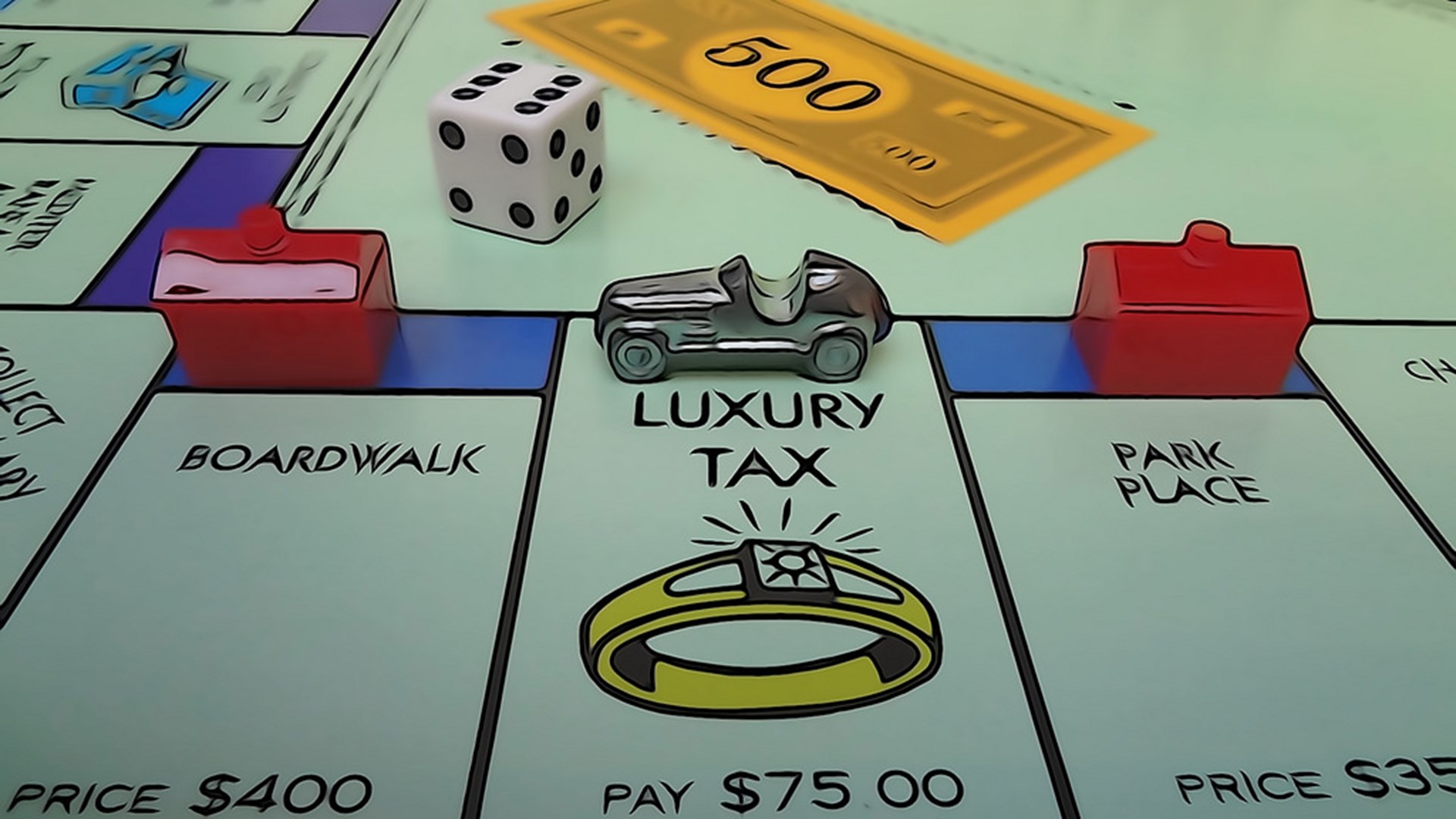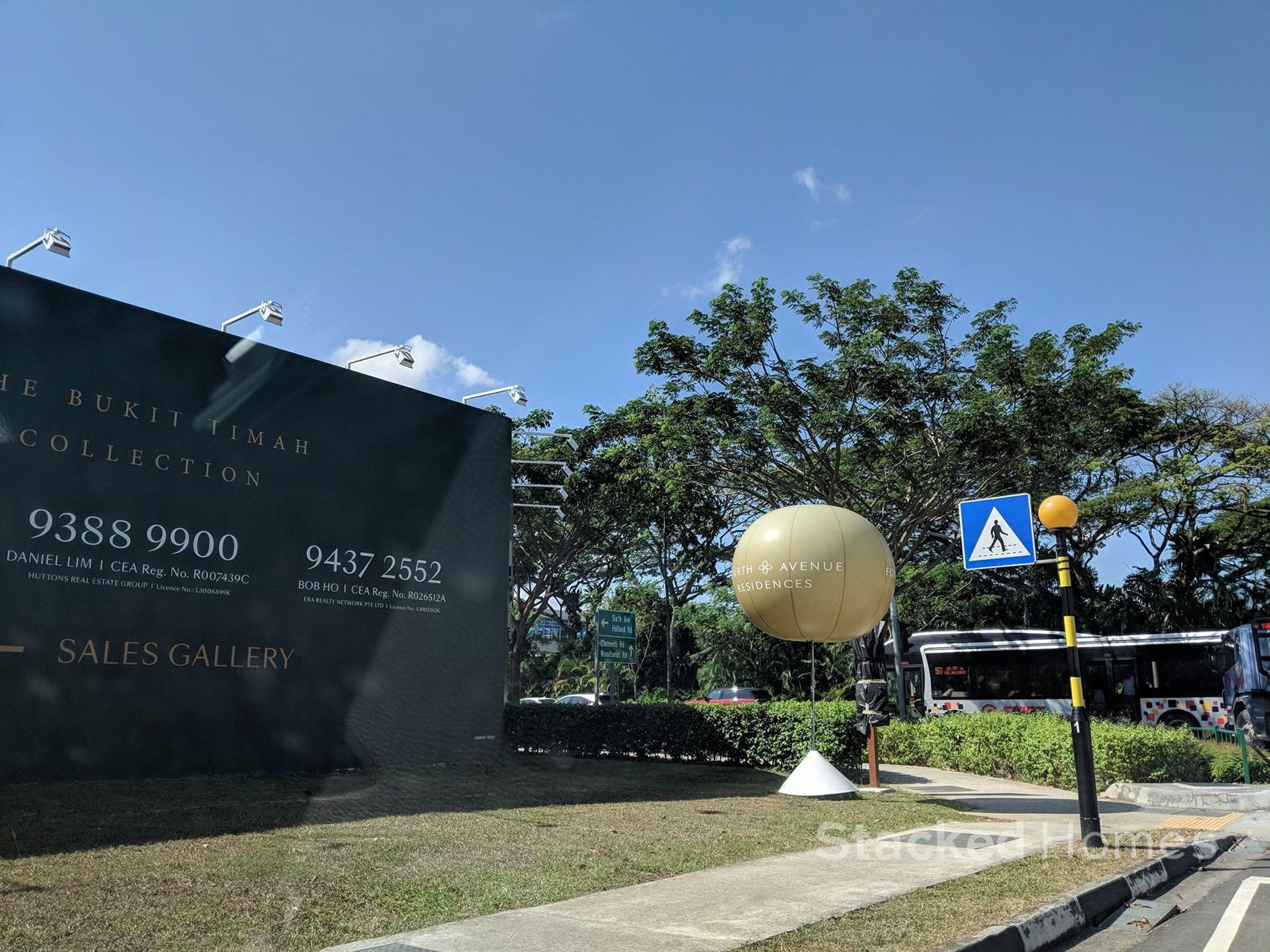How to avoid ABSD in Singapore: 2 ingenious ways to go about it
March 15, 2019

The Additional Buyer Stamp Duty (ABSD) is probably one of the most hated acronyms among Singaporeans, along with COE and ERP. After the latest round of cooling measures, where the ABSD rates were raised for Singaporeans buying their second residential property, many would be buyers were probably scrambling to search for solutions on how to avoid ABSD in Singapore.
So if you are looking to avoid ABSD tax in Singapore, is there anything you can actually do about it?
Here are some workarounds that people have done so far.
So many readers write in because they're unsure what to do next, and don't know who to trust.
If this sounds familiar, we offer structured 1-to-1 consultations where we walk through your finances, goals, and market options objectively.
No obligation. Just clarity.
Learn more here.
2 ways on how to avoid ABSD in Singapore
1. De-coupling
De-coupling basically just means removing one spouse from the ownership of the property, so that you can free up one name to purchase another property, thereby avoiding any ABSD. This means that you will be buying over your partner’s share of the property, or vice versa. The transfer of ownership will be done through a traditional Sales and Purchase agreement and this will have to be stamped. So buyer stamp duty will have to be paid based on the purchase price (or the market value, whichever is higher) of the share of the property. Note that all CPF and accrued interest have to be refunded as well.
You can also “gift” the share of the property to your spouse, but this will require you to not have any outstanding loans.
2. Purchasing through a trust
This is a “loophole” that is usually used by cash rich families that utilise their children’s name to purchase additional properties without having to pay the ABSD. The biggest caveat of this is that you will have to pay cold hard cash to do so, no bank will give you a loan for this. So if you do have hoards of cash stacked up somewhere, this could be a viable way to go about avoiding ABSD.
Bonus:
Recently, a news report from the Straits Times reported that there was a “curious case of a rising number of returned units” at some new launches. For most new projects with progressive payments, the buyer will have to pay 5 percent of the purchase price as a booking fee. After which if the buyer does not go ahead with the purchase, 25 percent may be forfeited and the unit will have to be returned to the developer.
It turns out in these cases, the buyers do still intend to purchase the property. The only difference is that the developers have allowed the options to purchase to be continually reissued after expiry, without any forfeiting of the booking fee.
According to Mr Chia Ngiang Hong of City Developments:
“As with most projects, OTPs typically lapsed or were re-issued due to various reasons such as (buyers’) change of mind, request for addition and/or deletion of name, or change of unit.
Moreover, (following the cooling measures), some home buyers including HDB upgraders required more time to arrange their finances and loans.”
So in this case, not so much of avoiding ABSD, but delaying the inevitable doom of paying it.
Want to find out more about ABSD remission? Here is all you need to know!
At Stacked, we like to look beyond the headlines and surface-level numbers, and focus on how things play out in the real world.
If you’d like to discuss how this applies to your own circumstances, you can reach out for a one-to-one consultation here.
And if you simply have a question or want to share a thought, feel free to write to us at stories@stackedhomes.com — we read every message.
Stanley Goh
Stanley loves crunching numbers in excel and analysing them. Naturally, he helps Stacked Homes generate articles based on his analysis as much as he can. When he's not using Excel, he enjoys watching movies and eating chocolates.Need help with a property decision?
Speak to our team →Read next from Property Advice

Property Advice We Sold Our EC And Have $2.6M For Our Next Home: Should We Buy A New Condo Or Resale?

Property Advice We Can Buy Two HDBs Today — Is Waiting For An EC A Mistake?

Property Advice I’m 55, Have No Income, And Own A Fully Paid HDB Flat—Can I Still Buy Another One Before Selling?

Property Advice We’re Upgrading From A 5-Room HDB On A Single Income At 43 — Which Condo Is Safer?
Latest Posts

Property Investment Insights This 55-Acre English Estate Owned By A Rolling Stones Legend Is On Sale — For Less Than You Might Expect

Singapore Property News I’m Retired And Own A Freehold Condo — Should I Downgrade To An HDB Flat?

New Launch Condo Reviews What $1.8M Buys You In Phuket Today — Inside A New Beachfront Development






































2 Comments
Hello, does this type of platform exist for other countries? For example, for Latin America, in particular Colombia, or other countries in Latin America? Does it exist in North America: Canada, US and/or Mexico?